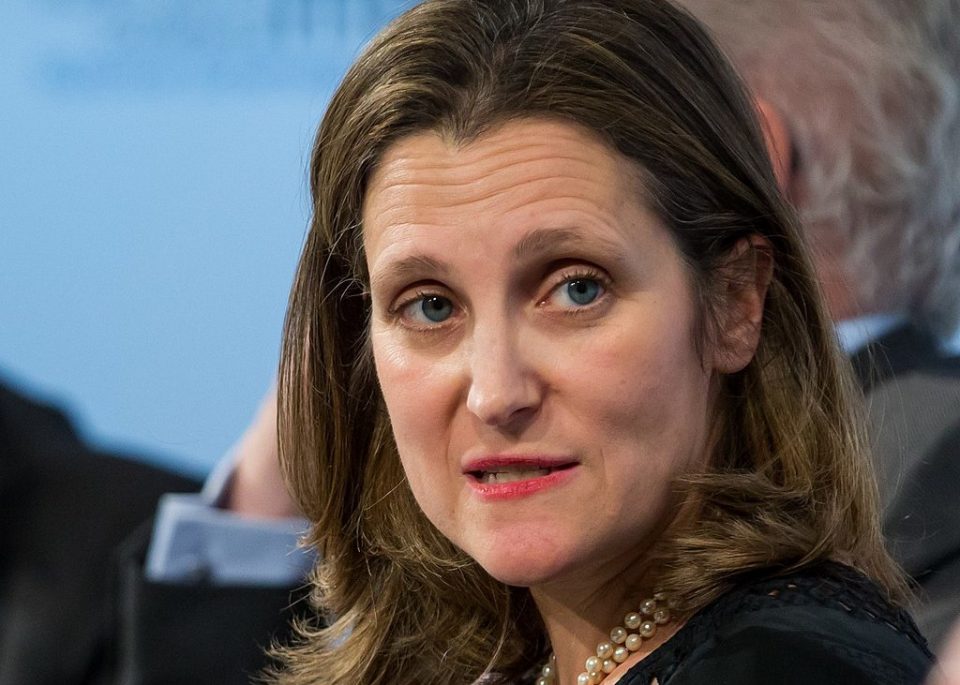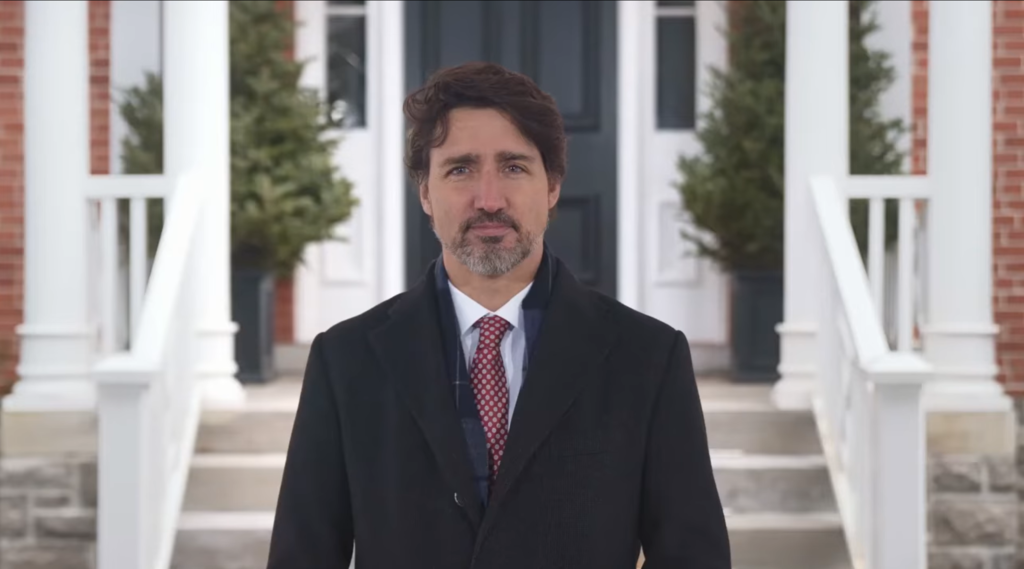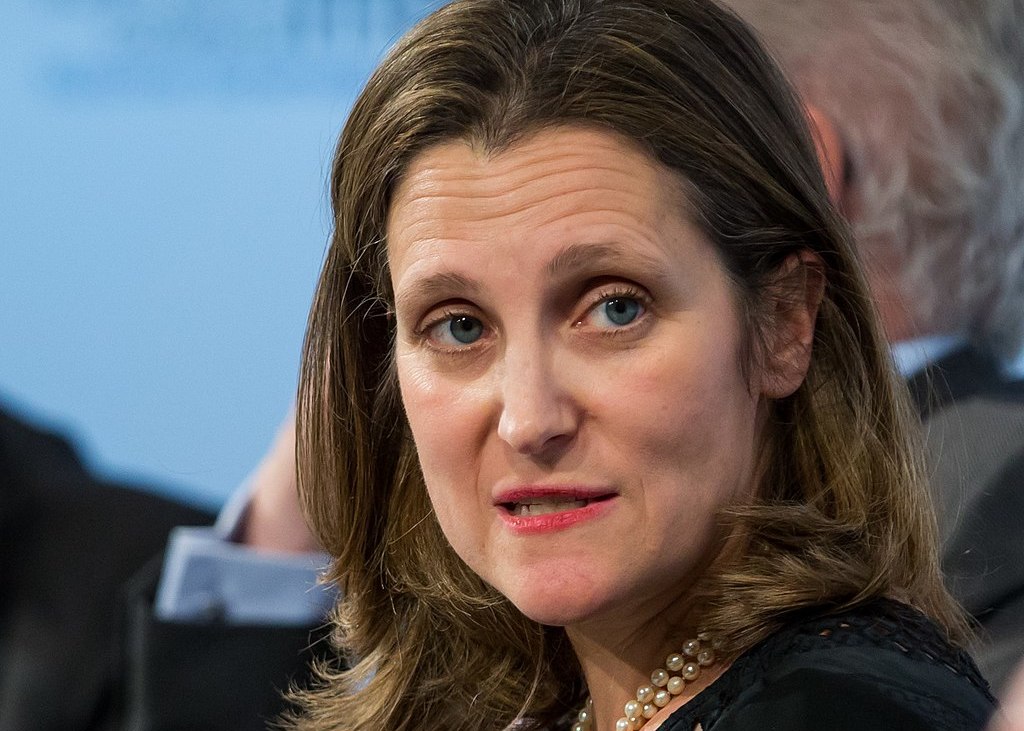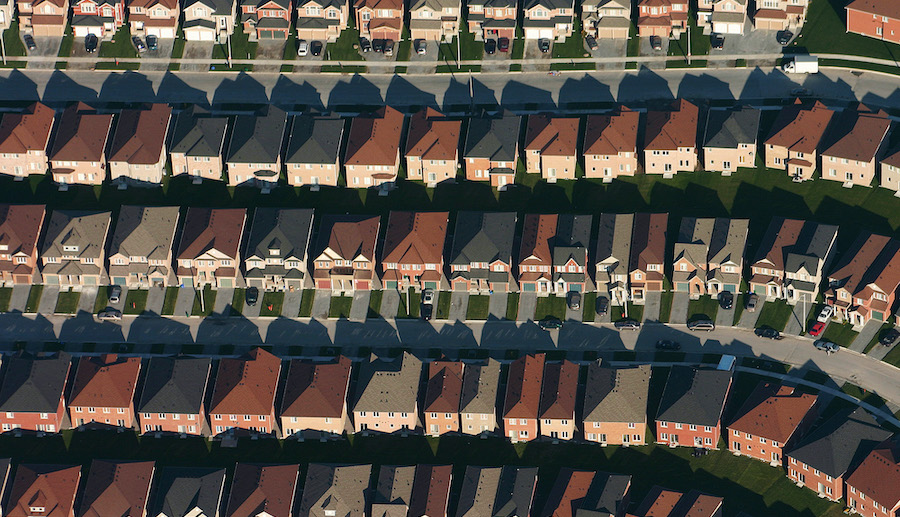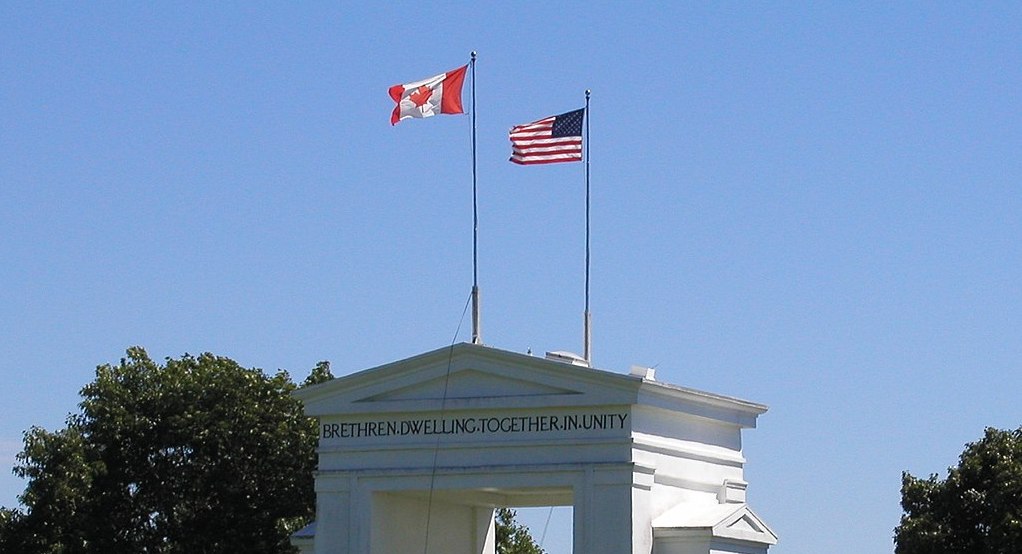
As the US has seemed to get a grip on its Covid-19 crisis, Canadians have been angered by a chaotic government response that has allowed a third wave to take hold and led to a delayed vaccine rollout.
It is a contrast driven home by the fact that Canada’s case count, when adjusted for population, now exceeds that of the US for the first time since the pandemic began.
“It’s such a reversal of how we felt as Canadians for the last four years of Donald Trump,” said David Coletto, chief executive of Abacus Data, a polling firm. “It’s a bizarro world for us to now look down south and say: ‘What do you mean they’re doing better than us?’”
